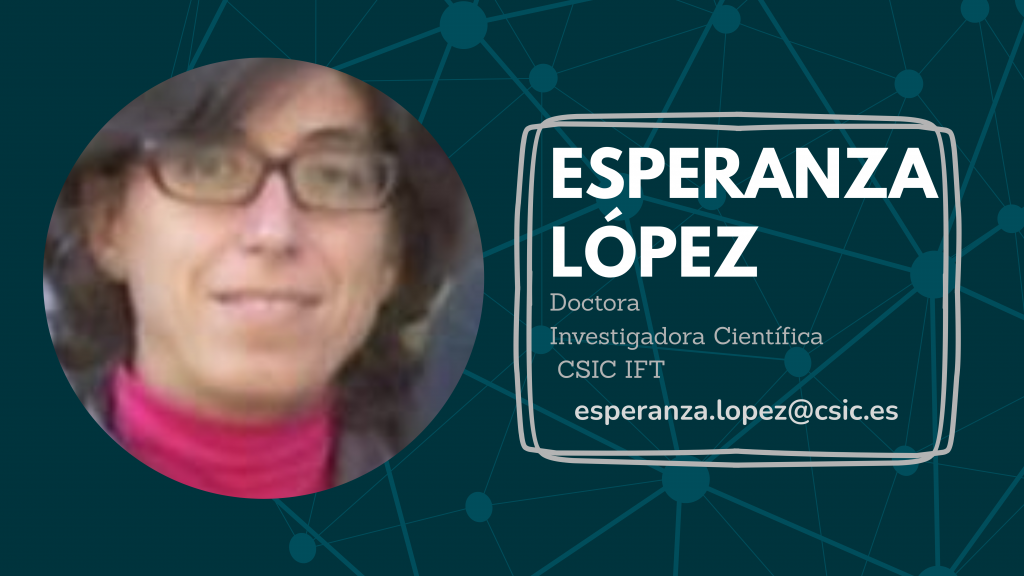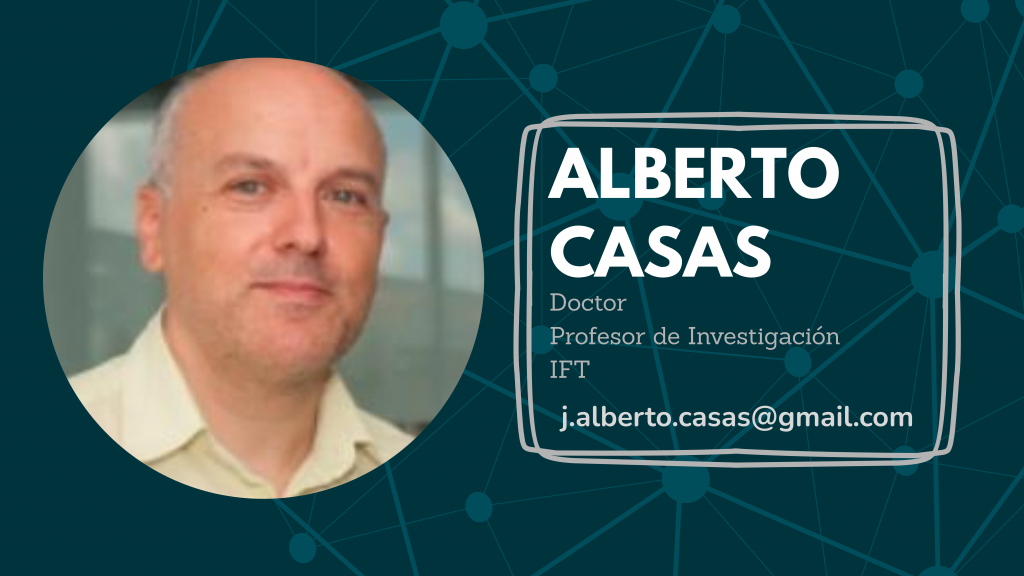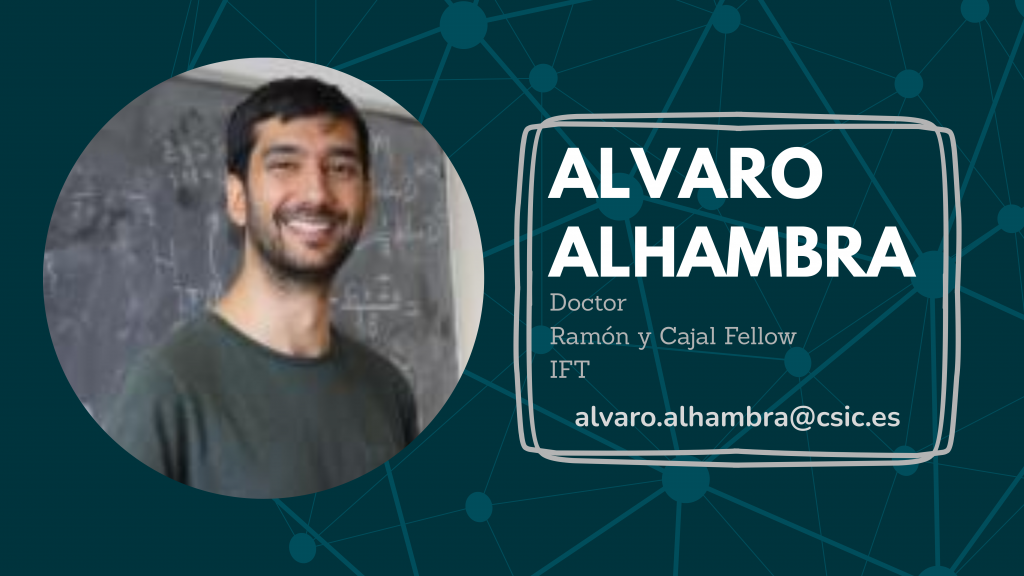Academic Team



Course Content
Type: Optional – PEC Track – 1st Trimester
This course offers a comprehensive introduction to the theory and practice of quantum information and quantum computation, exploring their theoretical foundations, applications, and physical implementations. It addresses the concept of quantum entanglement both as an essential resource for quantum computing and communication, and as a tool for analyzing many-particle systems.
The syllabus ranges from classical computation models (Turing machine, circuit model, and logic gates) and thermodynamic principles of information (Landauer’s principle, Szilard engine) to key quantum phenomena such as the no-cloning theorem, quantum teleportation, and dense coding. Fundamental quantum algorithms are studied (including Deutsch, Grover, Quantum Fourier Transform, Phase Estimation, and Shor) along with universal quantum computation.
The course delves into quantum information theory (density matrix, Schmidt decomposition, generalized measurements, Shannon and Schumacher theorems) and techniques for characterizing and measuring entanglement. It also examines decoherence, quantum noise, noisy channels, and strategies for quantum error correction and fault tolerance.
A core component of the training is hands-on experience: students will use online quantum computing platforms such as IBM Quantum Experience and work with Qiskit to design, simulate, and execute simple quantum circuits.
Reading List
- M.A. Nielsen and I.L. Chuang, Quantum computation and quantum information. Cambridge University Press, Cambridge, UK (2000).
- J. Preskill, Notes on Quantum Computation. N.D. Mermin, “Quantum computer science: an introduction”. Cambridge University Press, Cambridge, UK (2007).

